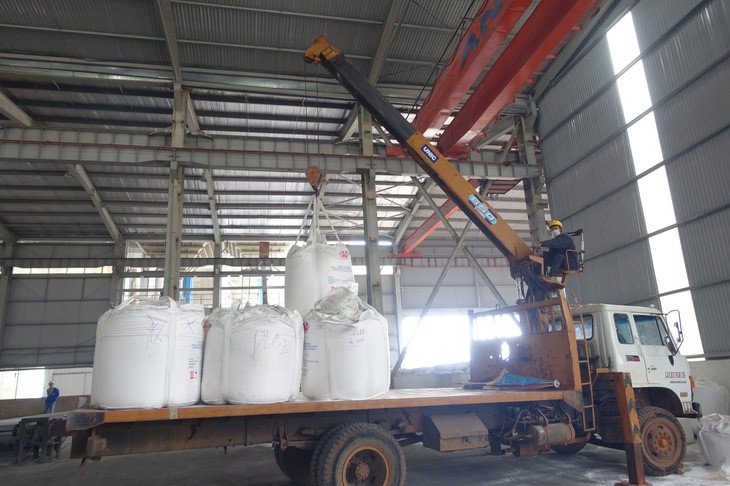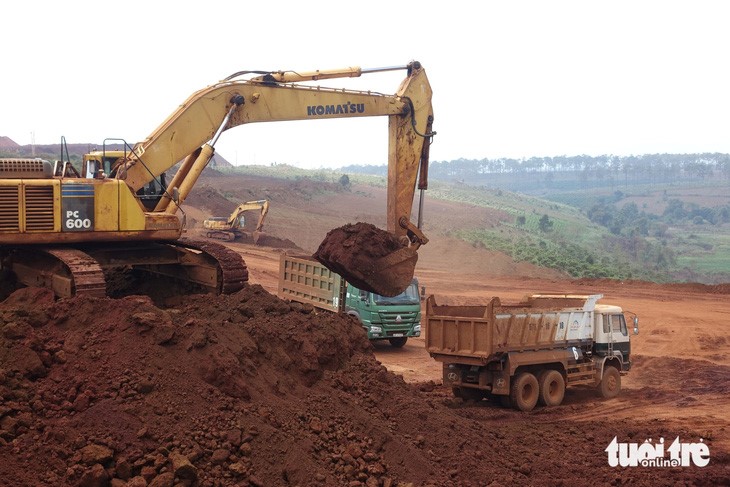Truong Hai Auto Corporation (Thaco), a Vietnamese automaker, has unveiled plans for a circular economic complex valued at over VND100 trillion (US$4.1 billion) in the Central Highlands province of Lam Dong.
The proposed complex integrates bauxite exploitation, alumina and aluminum production, agricultural plant cultivation, the establishment of an agricultural product processing factory, and the promotion of eco-tourism.
Thaco has submitted the research findings for the bauxite factory project to the Lam Dong People's Committee.
These results include data collection, surveys, site selection, and the formulation of a comprehensive plan to execute the project.
The firm affirmed that the bauxite exploration and exploitation is in line with the government’s mining development plans.
In particular, Thaco suggested developing the Lam Dong 2 alumina factory in Bao Lam District, Da Huoai District, Da Teh District, and Bao Loc City with a capacity of four million metric tons per year.
The factory will be developed until 2033 over three phases.
Of the total investment, Thaco will source more than VND30.9 trillion ($1.3 billion) from its budget and borrow loans totaling VND72 trillion ($2.9 billion).
The firm expects to operate the project for 50 years, including 20 years of mining bauxite ores, submit some VND4.8 trillion ($197 million) to the state budget per year, and employ 4,000 laborers.
|
|
| Workers exploit bauxite at the Tan Rai Bauxite Complex in Bao Lam District, Lam Dong Province, located in Vietnam’s Central Highlands. Photo: M.V. / Tuoi Tre |
The provincial government has tasked the Department of Planning and Investment with coordinating efforts alongside the Department of Industry and Trade, the Department of Natural Resources and Environment, the Department of Construction, the Department of Agriculture and Rural Development, and the Department of Transport.
Collaboration with the administrations of Bao Lam District, Da Huoai District, Da Teh District, and Bao Loc City is also mandated to review Thaco's plans and offer essential guidance to the company.
There is currently a bauxite exploitation and alumina production project in the area surveyed for Thaco’s project, which is the Tan Rai Bauxite Complex of Lam Dong Aluminum Company under Vietnam National Coal – Mineral Industries Holding Corporation Limited (Vinacomin).
The complex annually produces around 600,000 metric tons of alumina.
Vinacomin also operates another bauxite exploitation and alumina production project in Dak Nong Province, Lam Dong’s neighbor, named Nhan Co alumina factory.
Like us on Facebook or follow us on Twitter to get the latest news about Vietnam!





















































